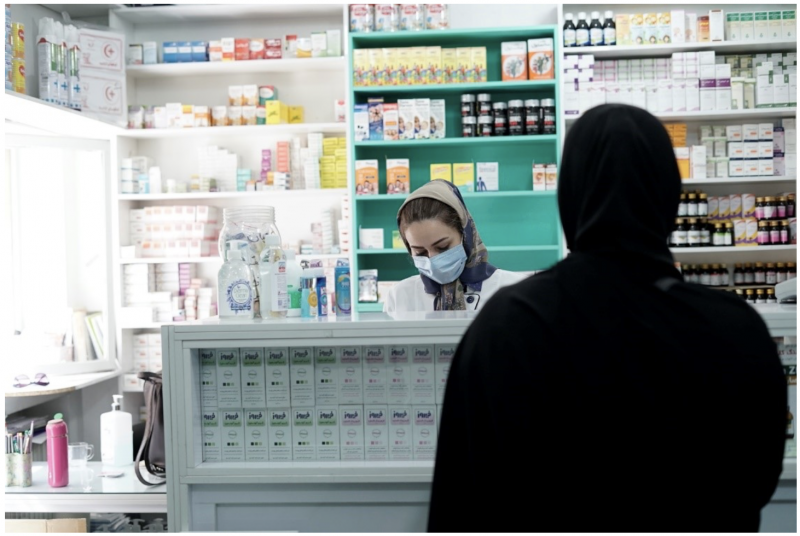
Stories from the field: Special series on the COVID-19 response – Islamic Republic of Iran
January 5, 2021
Eastern Mediterranean Region
Iran (Islamic Republic of)
“Each home one health post” is an initiative that was launched in the Islamic Republic of Iran’s primary health care (PHC) facilities well before COVID-19 struck the country. Bringing health and care directly to the home environment is at the heart of building healthy communities and populations. Indeed, in the era of COVID-19 and with the Islamic Republic of Iran stretching its capacity to contain the virus, the ethos and practice of the initiative has helped save many lives.
“The initiative was originally aimed at systematically strengthening primary health care in terms of disease prevention and health promotion. Now, it has become vital to further expand primary health care capacity in the fight against the coronavirus. Early case detection, contact tracing and home isolation need practical knowledge, and this initiative directly helps families during the time of COVID-19. WHO is working with the government to roll out this programme for the whole country,” said Dr Christoph Hamelmann, WHO Representative in the Islamic Republic of Iran.

Lab technicians working at Zanjan Urban Comprehensive Health Centre, Zanjan Province, Islamic Republic of Iran. April 2020.
©WHO Islamic Republic of Iran
COVID-19 – a serious threat in the Islamic Republic of Iran
The Islamic Republic of Iran was one of the first countries in the world to experience a rapid progression of COVID-19, which then affected much of the country. Two initial cases were reported on 19 February 2020, both of which were fatal. The first peak came at the end of March, with around 3,200 confirmed cases a day, resulting in a very challenging situation for the population and authorities.
In addition to the burnout and fatigue experienced by the health workforce since the outbreak started, many have also been infected.
Similar to the experiences of other countries, the spread of the disease had serious implications to the health system. Although a strong PHC system was in place, the Islamic Republic of Iran lacked personal protective equipment as well as hospital and laboratory equipment as a result of the global supply shortage due to the rapid and high demand exacerbated by short delivery timeframes. Sanction-related restrictions on international transfer of payments in the Islamic Republic of Iran’s banking system adds to this challenge.
The already fragile economic situation of the Islamic Republic of Iran directly affects the health sector and well-being of the population. This is now compounded by the impacts of COVID-19. The role of PHC has proven critical for early case detection, contact tracing, triage and referal to hospitals.